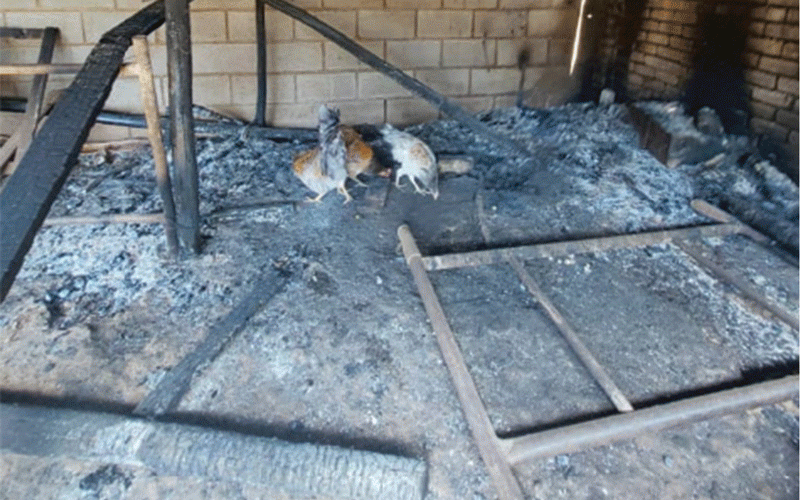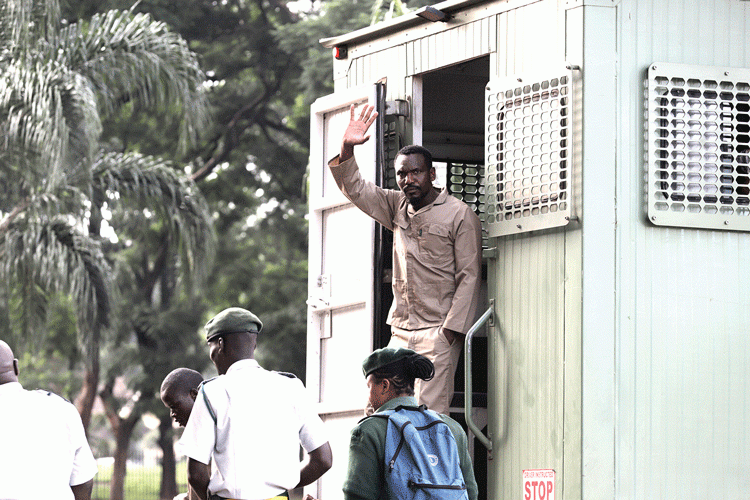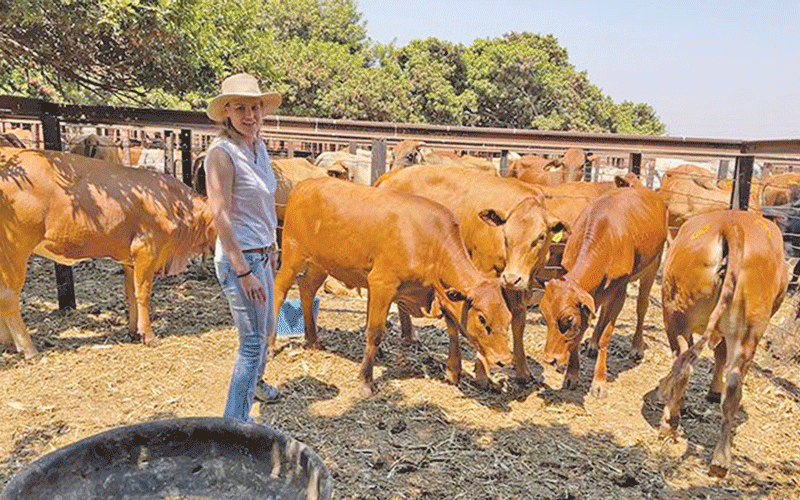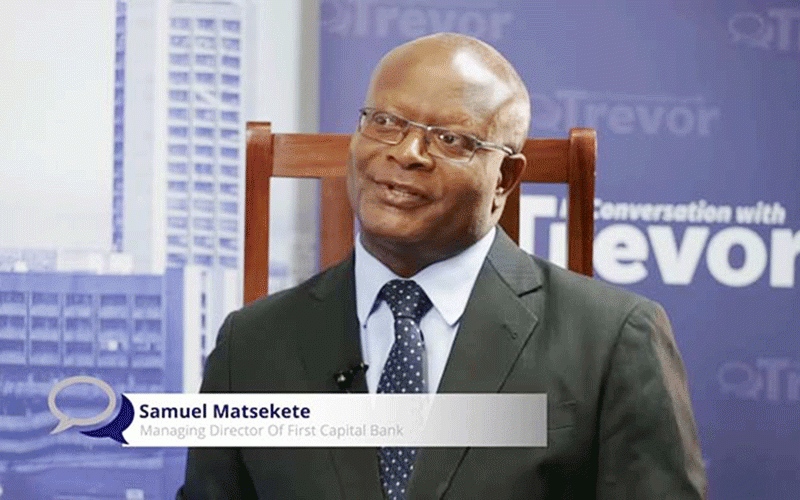IT was Denis Diderot, the French philosopher, who said: “In any country where talent and virtue produce no advancement, money will be the national god. Its inhabitants will either have to possess money or make others believe that they do. Wealth will be the highest virtue, poverty the greatest vice.
Those who have money will display it in every imaginable way. If their ostentation does not exceed their fortune, all will be well. But if their ostentation does exceed their fortune, they will ruin themselves. In such a country, the greatest fortunes will vanish in the twinkling of an eye.
Those who don't have money will ruin themselves with vain efforts to conceal their poverty. That is one kind of affluence: the outward sign of wealth for a small number, the mask of poverty for the majority, and a source of corruption for all.”
This quote emphasises the idea that in societies where merit and virtue are not rewarded, money becomes the ultimate pursuit.
In such a society, individuals are either required to possess wealth or give the illusion that they do.
The quote suggests that wealth becomes highly valued while poverty is condemned.
Keep Reading
- Feminists applaud new age of consent
- Lobby group bemoans impact of graft on women
- Corruption watch: Rogue cops: Blame it on the bosses
- DJ Ladyg2 fights stereotype in showbiz
Those who possess money will flaunt it, but if they go beyond their means, they will ultimately destroy themselves.
Similarly, those without money will strive to hide their poverty, which leads to their downfall.
In this context, affluence is portrayed as a surface-level display of wealth for a privileged few, a disguise of poverty for most, and a corrupting force for all.
Need I say more?
Unfortunately, Zimbabwe has become a “patronage economy”.
A patronage economy is an economy where political favour takes antecedence over talent and virtue; where jobs, tenders, projects and opportunities are dished out to political cronies, friends and relatives without following due process or consideration of competence.
It is a system where political power is a means to the economic distribution of resources based only on loyalty and favours rather than merit and inevitably results in corruption and inequality.
The politically connected crowd out the competent, the honest, the skilled, the talented and the ethical.
Can this trend be reversed?
As economists, we always look at the historical economic development of Singapore and how we can emulate it to foster sustainable and inclusive economic development.
This is something we in Zimbabwe have failed to do since 1980.
Key to the development of Singapore were three essential principles which guided its leadership. These are meritocracy, pragmatism and honesty.
Meritocracy
Meritocracy is a social system in which advancement in society is based on an individual’s capabilities and merits rather than on the basis of family, politics or other connections.
Unfortunately, our politics do not favour such a system and we can see the results whether at national or local government level.
As a result, living standards drop, corruption becomes pervasive and the best ideas never win nor do the competent prevail.
Pragmatism
Pragmatism is a philosophical approach that focuses on practical application and consequences of ideas and beliefs.
It focuses on what works rather than on theory.
It prioritises the practical usefulness of ideas and actions and rejects those concepts that lack real world application.
In this regard, we have seen many instances where the consequences of some of our economic policy measures create negative unintended consequences because policy-makers believe the idea will work in theory until applied.
There are many examples of this.
We have seen many policy reversals which have contributed to the prevailing lack of confidence and low investment levels simply because of lack of a pragmatic approach.
The major example is that of currency stability, where we have seen a plethora of policy changes which simply have not worked.
Honesty
One hardly needs to explain further here.
Without an honest government or business sector, things fall apart.
Firstly, we must be honest to ourselves on the state of affairs in our country, be it economic, political or social.
Rather, too many false narratives are pushed for political gain regardless of their veracity.
Added to that, those who speak truth to power are viewed and treated as enemies.
This has led to a deterioration in the quality of public discourse which leads to social atrophy and the inability to solve pressing problems.
Corruption is a result of dishonesty and greed at the expense of honesty and integrity.
Until we learn to do things differently, we will keep creating the same outcomes.
When we fail or fear to bring in new ideas and new ways of doing things, we fail to transform and develop this country and its people to their full potential.
When patience, talent, competence and virtue offer no advancement in any society things do fall apart.





